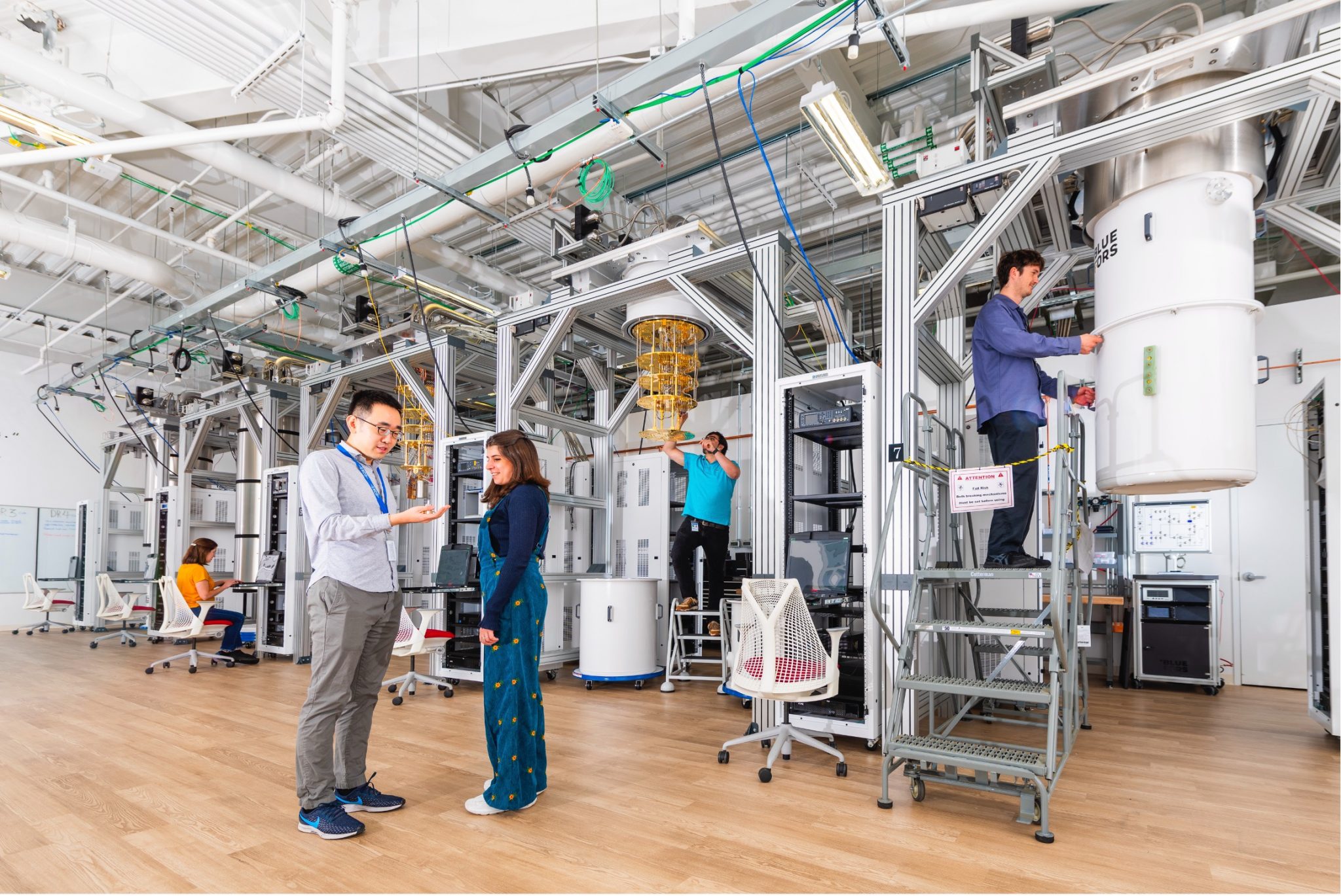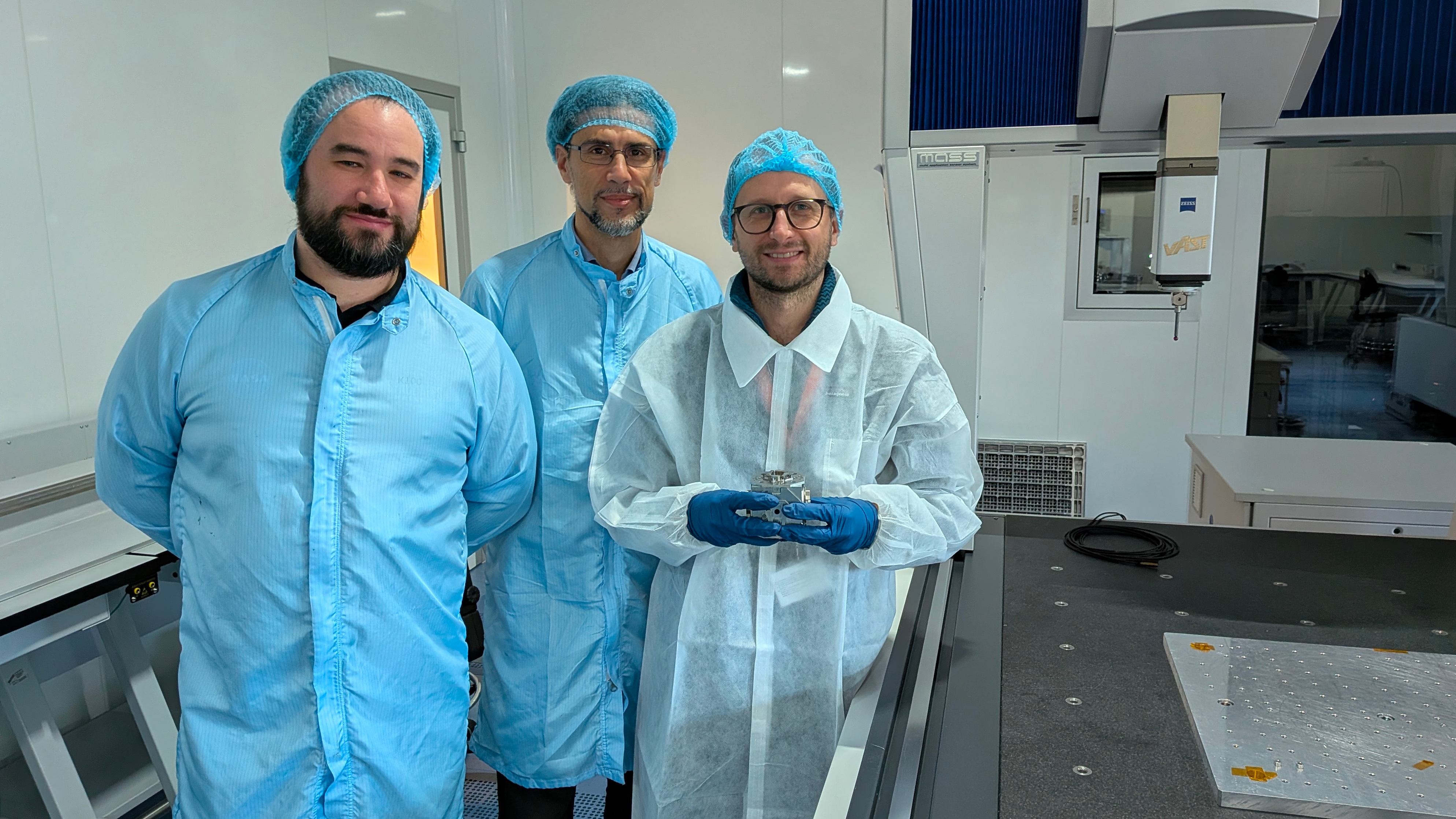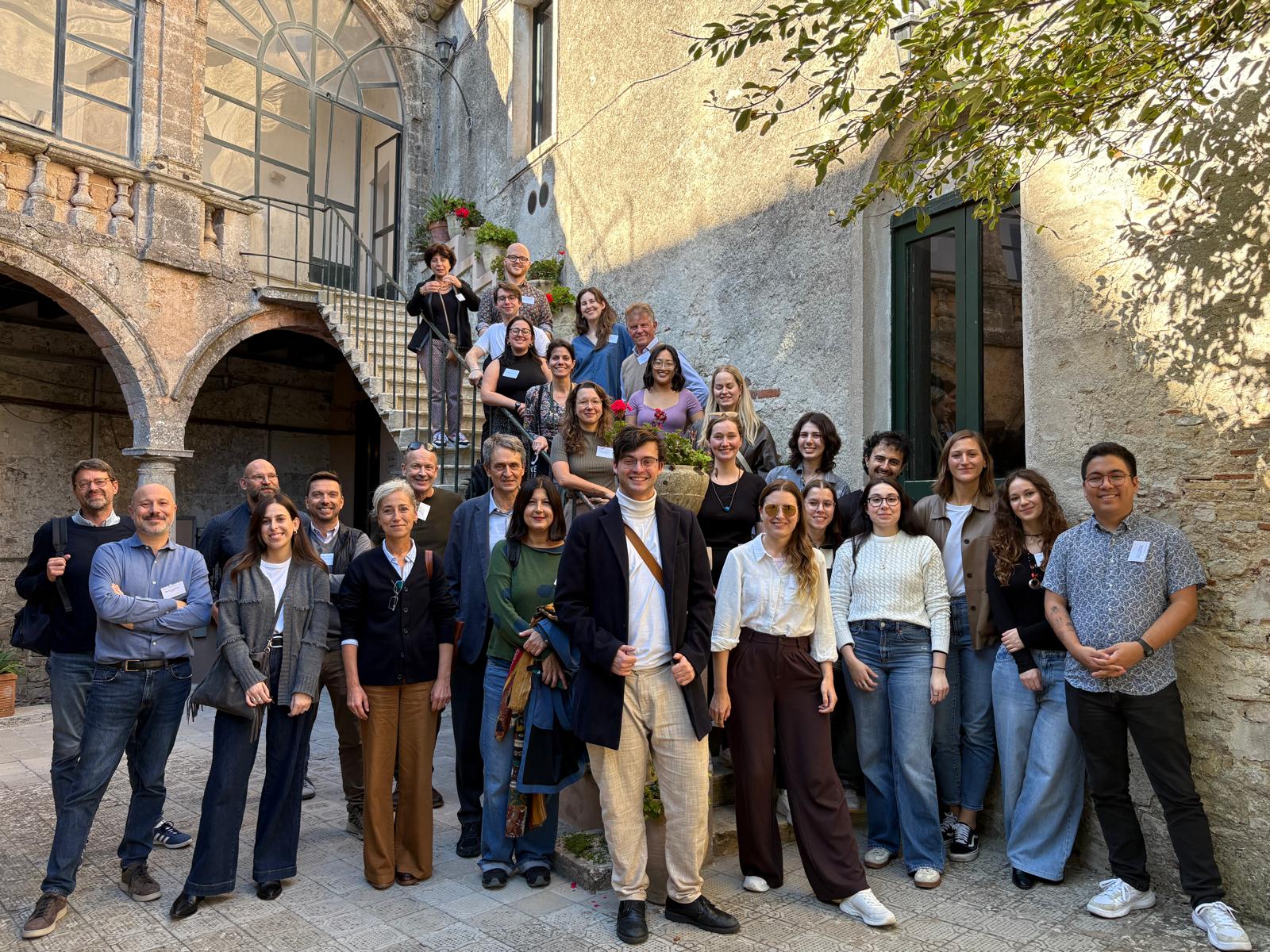 The bilateral meeting between INFN and its main scientific and technological partner in China, IHEP (Institute of High Energy Physics), which was held from 9 to 10 May in Rome in the offices of the INFN Presidency, provided an opportunity to highlight and strengthen the productive cooperation between Italy and China in the area of scientific research in particle physics and more, as well as looking at the new frontiers of physics together. . The meeting focused on discussion of joint projects. In particular, two major experiments carried out by China: JUNO (Jiangmen Underground Neutrino Observatory) and HERD (High Energy Cosmic Radiation Detection). The former involves construction of an enormous undersea neutrino detector, which will exploit analogous technology to that used for the Borexino experiment at the INFN National Laboratories of Gran Sasso; the latter involves building a powerful new space telescope to detect dark matter particles, study the composition of cosmic rays and observe high-energy gamma rays from the Chinese Space Station. Then accelerators came under discussion, with the BESIII experiment to the BEPCII accelerator and the CEPC project for a future electron-positron collider, and space physics was also talked about: including, as well as HERD, the DAMPE (DArk Matter Particle Explorer) project, which has been in orbit since 2015, for research into dark matter. Both those projects were developed jointly with ASI. The meeting also provided an opportunity to renew an important agreement between INFN and IHEP for high level education, under which IHEP backs joint projects of shared interest developed in the area of research doctorates: this is an agreement that makes a contribution towards the education of future researchers, as well as facilitating mobility between the two countries and allowing young Chinese researchers to come to Italy to gain experience in the INFN Laboratories.
The bilateral meeting between INFN and its main scientific and technological partner in China, IHEP (Institute of High Energy Physics), which was held from 9 to 10 May in Rome in the offices of the INFN Presidency, provided an opportunity to highlight and strengthen the productive cooperation between Italy and China in the area of scientific research in particle physics and more, as well as looking at the new frontiers of physics together. . The meeting focused on discussion of joint projects. In particular, two major experiments carried out by China: JUNO (Jiangmen Underground Neutrino Observatory) and HERD (High Energy Cosmic Radiation Detection). The former involves construction of an enormous undersea neutrino detector, which will exploit analogous technology to that used for the Borexino experiment at the INFN National Laboratories of Gran Sasso; the latter involves building a powerful new space telescope to detect dark matter particles, study the composition of cosmic rays and observe high-energy gamma rays from the Chinese Space Station. Then accelerators came under discussion, with the BESIII experiment to the BEPCII accelerator and the CEPC project for a future electron-positron collider, and space physics was also talked about: including, as well as HERD, the DAMPE (DArk Matter Particle Explorer) project, which has been in orbit since 2015, for research into dark matter. Both those projects were developed jointly with ASI. The meeting also provided an opportunity to renew an important agreement between INFN and IHEP for high level education, under which IHEP backs joint projects of shared interest developed in the area of research doctorates: this is an agreement that makes a contribution towards the education of future researchers, as well as facilitating mobility between the two countries and allowing young Chinese researchers to come to Italy to gain experience in the INFN Laboratories.





